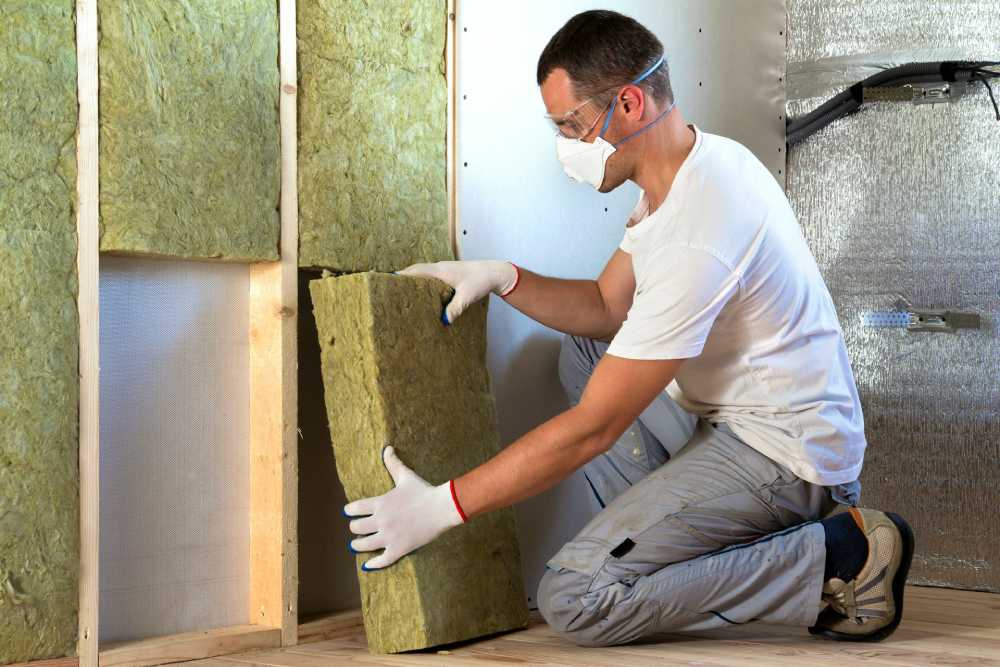
Building for the Future: How Commercial Insulation Impacts Sustainability
In pursuing a more sustainable future, industries reevaluate every aspect of their operations, and commercial construction is no exception. One often overlooked but crucial element in sustainable building practices is commercial insulation. This article explores the profound impact of commercial insulation on sustainability, addressing energy efficiency, environmental considerations, and the long-term benefits for both businesses and the planet.
Energy Efficiency
Commercial buildings are notorious energy consumers, and inefficient insulation can contribute significantly to energy waste. Proper insulation serves as a barrier, preventing the escape of conditioned air and reducing the need for constant heating or cooling. It translates to lower energy consumption, decreased utility bills, and a smaller carbon footprint for commercial structures.
Reducing Greenhouse Gas Emissions
Improving insulation quality is one effective way to boost energy efficiency while reducing greenhouse gas emissions. Commercial insulation helps decrease reliance on energy sources contributing to environmental degradation by minimizing the need for constant temperature adjustments. As a result, businesses adopting sustainable insulation practices contribute to a healthier planet and a reduced overall environmental impact.
Long-Term Sustainability and Durability
A key aspect of sustainable construction is investing in durable, long-lasting insulation materials. Selecting the proper home insulation can have significant long-term benefits. By making an informed decision, you can ensure that your insulation is durable and reliable, which can reduce the frequency of replacements while also minimizing construction-related waste. This longevity contributes to the overall sustainability of the building by promoting resource efficiency and minimizing the environmental impact associated with constant renovations.
Sustainable Material Choices
The materials used in insulation also play a crucial role in determining its overall sustainability. Modern insulation options often include recycled or environmentally friendly materials, reducing the demand for new resources and diverting waste from landfills. Choosing insulation materials with a low environmental impact adds an extra responsibility to commercial construction practices.
Regulatory Compliance and Green Building Certifications
As sustainability becomes a central focus in the construction industry, many countries and regions are implementing stricter building codes and standards. Investing in high-quality insulation ensures compliance with these regulations and positions businesses to obtain green building certifications. These certifications enhance a company’s reputation and demonstrate a commitment to environmental responsibility.
In conclusion, insulation is not just about maintaining a comfortable indoor environment; it’s crucial to building a sustainable future. From energy efficiency and reduced greenhouse gas emissions to responsible material choices and long-term durability, the impact of commercial insulation on sustainability is profound. As businesses prioritize environmentally conscious practices, investing in high-quality insulation emerges as a strategic move that benefits both the bottom line and the planet’s well-being.
